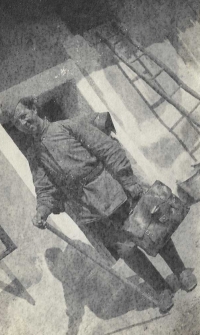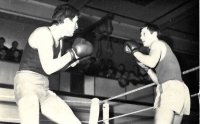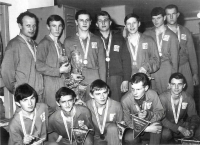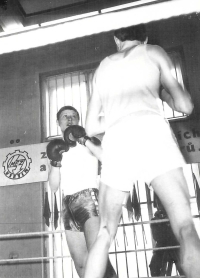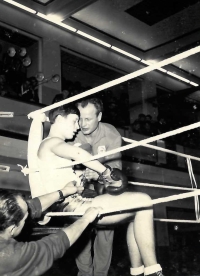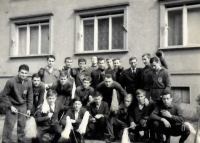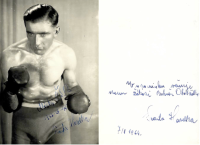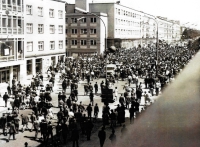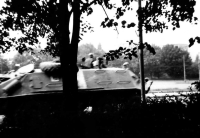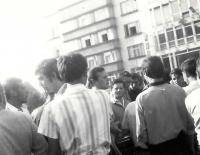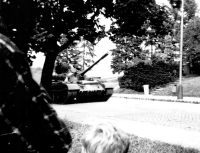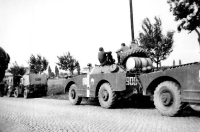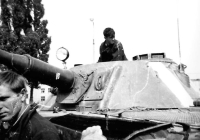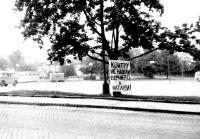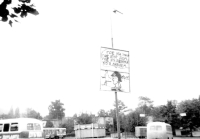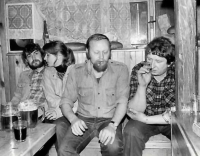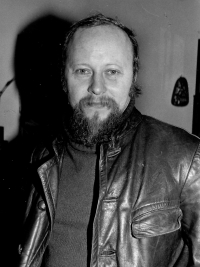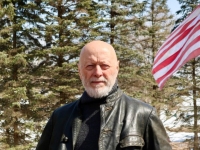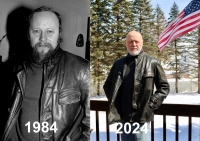I’ve beaten them more, so I feel good
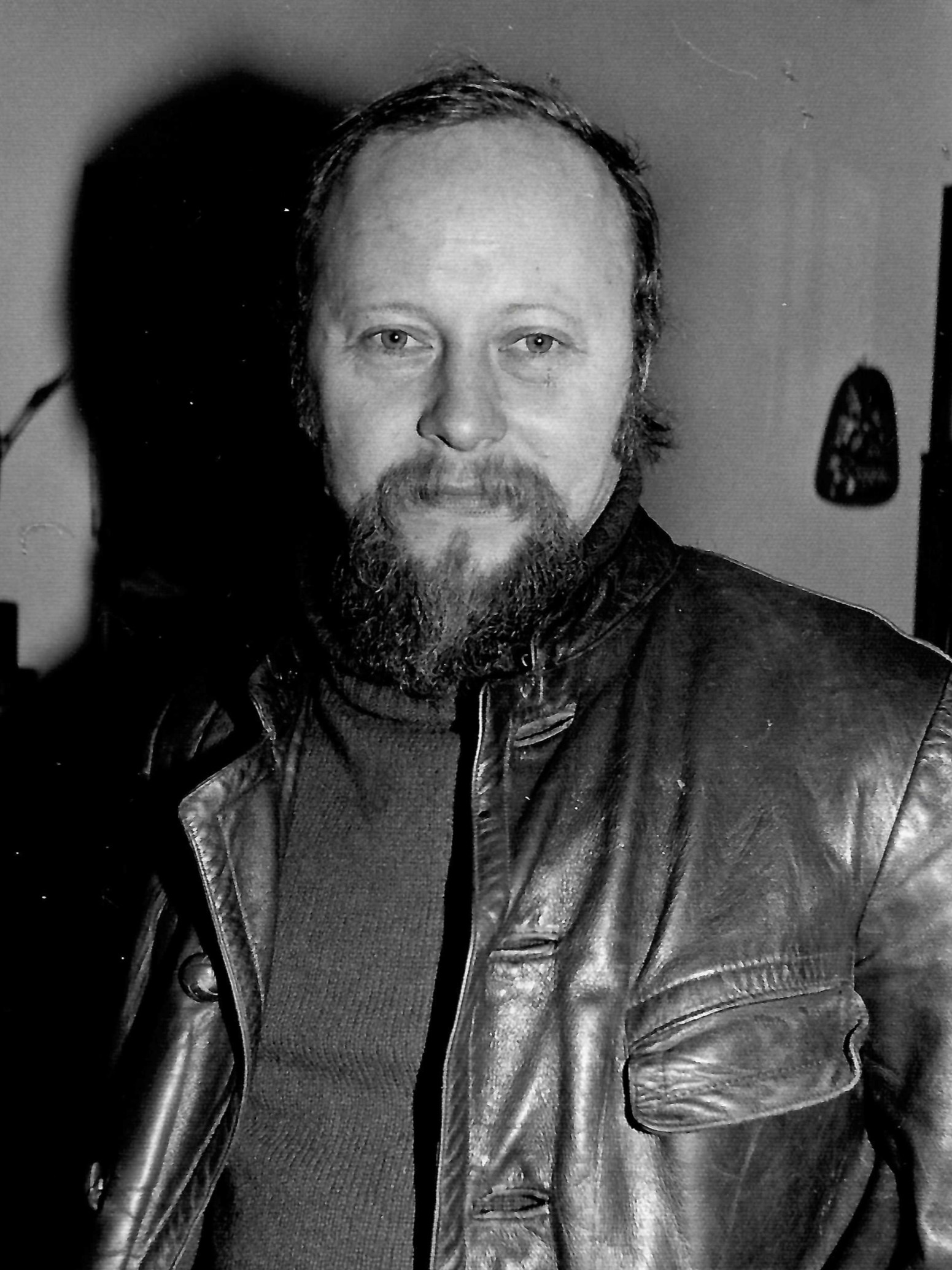
Download image
Bohumil (Bob) Obdržálek was born on 28 January 1947 in Zlín (since 1949 Gottwaldov). During the war, Bohumil’s father was totally deployed to forced labour in Kaliningrad (then Königsberg). After the liberation of the city by the Red Army, he gravitated towards the Soviet Union and communist ideology. Bohumil Obdržálek Jr. was trained as a toolmaker and graduated from high school in 1969. When Czechoslovakia was occupied by Warsaw Pact troops a year earlier, he took photo documentation of the events during the invasion and put up anti-coup posters around Gottwaldov. After taking part in a demonstration in August 1969, he was jailed for eight months for allegedly assaulting a public official. In the 1970s and 1980s, he was involved in samizdat production and maintained contacts with several people from the dissident milieu. In 1984, he signed the Charter 77 Declaration, and in the same year, he legally emigrated to the West with his wife Irena - also a Charter signatory - and their two children. The family settled in the state of Vermont in the USA, where Bob Obdržálek still lived in 2024.
